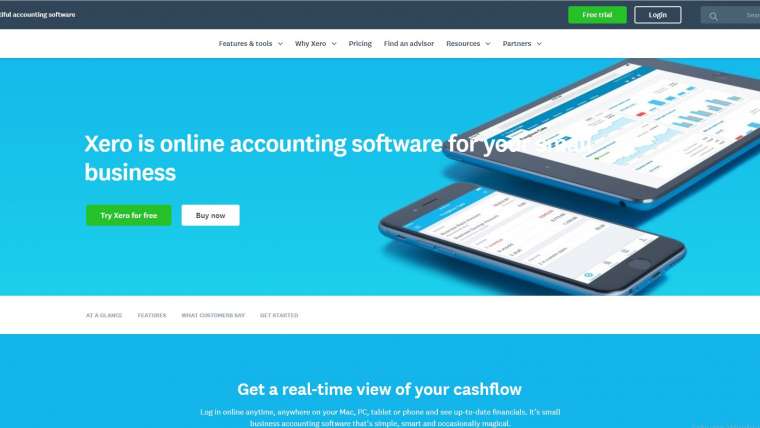
When you are starting a new business or becoming self-employed, you will to spend some time deciding on which method of accounting you are going to use to manage your finances.
If this is the first time you have had to deal with company accounts and bookkeeping, you may not know where to begin – or even that there are different accounting methods available to you.
It may sound complicated but once you understand the differences between the different accounting methods it will be easier to decide which one best suits your business.
In this post we have pulled together information on everything you need to know about the different accounting methods so that you can make an informed decision and ensure you get off on the right foot with your business accounts.
Read on to find out about the differences between cash basis and traditional accounting, and which one is the best fit for your business…
Traditional Accounting
Many large businesses use traditional accounting, also known as accrual basis accounting. This is where you record your income and expenses by the date you invoiced or were billed, regardless of whether you have been paid or not.
For example, if you invoiced a customer on 30th March 2019, you would record that invoice for the 2018 – 2019 tax year, even if the invoice did not get paid until 30th April 2019 which would be in the following tax year.
This means that you pay Income Tax whether you have received the money or not.
If you use the traditional or accrual accounting method for your business you must keep records of all income and expenditure. This could include:
- All sales (income)
- All your purchases and expenses.
- Any stock or equipment purchased for the business
- The value of stock and any work in progress at the end of your accounting period
- Details of payments to employees including wages, bonuses, expenses and benefits
- Business vehicle and travel costs
- Bank or building society interest
- Any other income received including money you invest in your business
There are no rules on how you must keep these records. You can keep them on paper or digitally, though we would always recommend keeping a digital copy of everything.
Traditional accounting is usually more suited to larger businesses, however if you predict that your business will grow quickly it is worth considering using this accounting method from the beginning.
Cash basis accounting
Cash basis accounting is the simplest way to manage your books. This method records money when it is actually received or paid out of your business.
For example, if you invoiced a customer on 30th March 2019 but did not receive payment until 30th April 2019 you would record this income for the 2019 – 2020 tax year.
The cash basis accounting method is better suited to small business and the self-employed with an income of £150,000 or less, who offer a service such as hairdressers, gardeners, painters and decorators, and plumbers. This method is better for small businesses than traditional accounting as you only need to declare money when it comes in and out of your business.
This means that at the end of the tax year you will not have to pay Income Tax on money that you didn’t receive within your accounting period. Making it much more manageable for small businesses to handle their finances.
Unlike traditional accounting, with cash basis accounting you can:
- Include payments for equipment, including vans, as allowable expenses
- Claim up to £500 as an allowable expense for interest paid on cash borrowings
You cannot:
- Offset any losses you make against your other income
- Claim capital allowances for cars
Changing from cash basis to traditional accounting
Cash basis accounting is a simpler bookkeeping option, whereas traditional accounting tends to be more accurate and gives a clearer picture of your long-term finances.
If you start by using cash basis accounting and your business grows, you can continue using the cash basis method until the year after your turnover is higher than the exit threshold which is £300,000.
It is possible to switch from cash basis to traditional accounting but it is a good idea to speak to an accountant who can take care of this for you.
If you have any questions on traditional accounting or cash basis accounting, or are looking for an accountant to manage your business bookkeeping or you, please get in touch with us here at Wizz Accounting.

